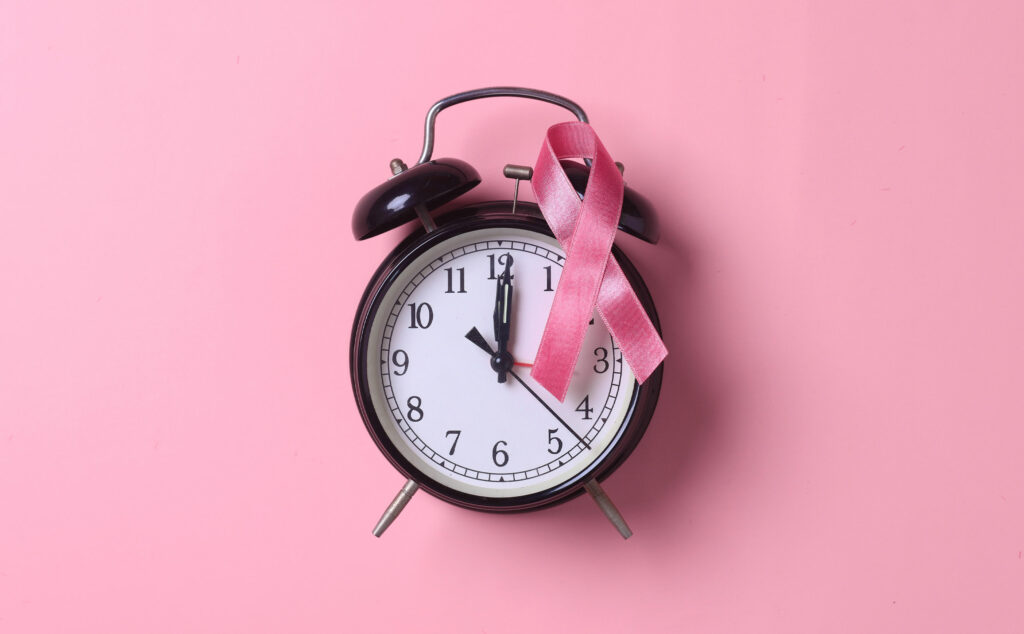Breast cancer is the uncontrolled growth of cells in the breast that form a malignant tumor. It is the most common cancer around the world and the one that causes the most death in Mexican women, it is also one of the cancers with the highest recovery rate if detected early.
This type of cancer mainly affects women: one in 13 women has or will have breast cancer.
There are several warning signs of cancer presence. Here we share some of them:
- Swelling of all or part of the breast (even if you don’t feel a definite lump).
- Skin irritation or dimpling (sometimes resembling the peel of an orange).
- Pain in the breast or nipple.
- Nipples retraction (contraction).
- Redness, peeling, or thickening of the skin on the breast or nipple.
- Nipple discharge other than breast milk.
How to prevent it?
Timely detection always improves the prognosis and is an important factor in the fight against breast cancer. Although self-examination is not a decisive factor in detection, it has been shown that this practice empowers women and encourages them to take control of their health.
It is also important to have a mammogram or ultrasound periodically to detect changes or any abnormalities in the breast tissue and thus make an early diagnosis. A mammogram consists of taking two X-rays of each breast, it takes approximately 15 minutes and generates minimal discomfort.
At ABC Medical Center you can have a Mammogram at a special price of 700 pesos and with Ultrasound at 1,490 pesos valid until November 30, 2019, see more details on our website https://centromedicoabc.com/
Other ways to prevent it:
- Have a healthy diet.
- Reduce the consumption of sugars and fats.
- Exercising.
- Reduce alcohol consumption.
At the Cancer Center of the ABC Medical Center we can give you specialized care. Contact us!
Fuentes:
https://www.imss.gob.mx/salud-en-linea/blog-salud/habitos-saludables-prevencion-cancermama
https://www.cancer.org/es/cancer/tipos/cancer-de-seno/pruebas-de-deteccion-y-deteccion-temprana-del-cancer-de-seno/signos-y-sintomas-del-cancer-de-seno.html
https://www.cancer.gov/espanol/tipos/seno/paciente/prevencion-seno-pdq


